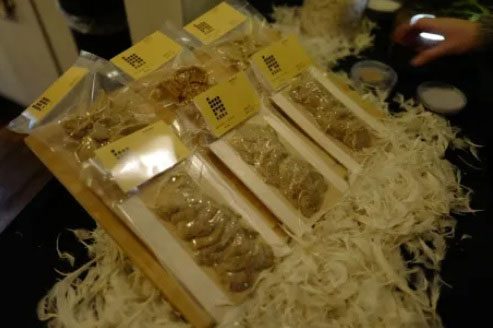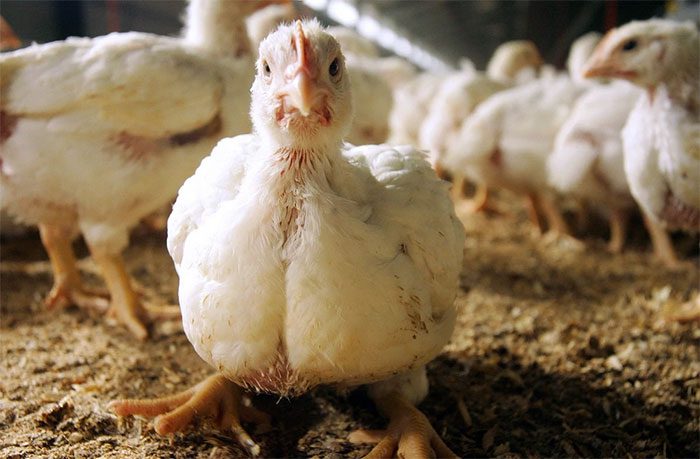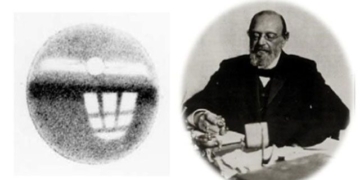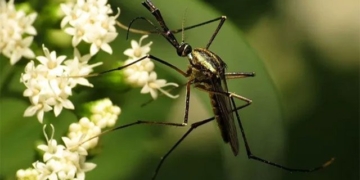A company in the UK has launched a unique project that transforms chicken feathers into edible protein, aiming to reduce waste in the poultry industry.
On April 12, CNN reported that the company came up with an initiative named Kera Protein, which has converted chicken feathers into meat alternatives through a sophisticated hydrolysis process consisting of 13 steps.

Kera Protein’s chicken feather-based protein product. (Photo: CNN).
Feather-derived protein can help address a pressing issue in the food industry: excess waste. In the European Union (EU) alone, up to 3 million tons of poultry feathers are wasted every year, often incinerated or sent to landfills.
In 2019, while studying at Central Saint Martins, Sorawut Kittibanthorn, the founder of Kera Protein, noticed that chicken feathers contain a significant amount of keratin – the protein that makes up hair, skin, and nails. Kittibanthorn believed that keratin could be transformed into a useful product.
Currently, Kera Protein collects chicken feathers from a local farm. The feathers are cleaned, ground into powder, and mixed with acid and keratinase – an enzyme that breaks down the strong chemical bonds of keratin. Kera Protein then heats this mixture at moderate temperatures for 14 hours before filtering and cooling it down.

A chicken farm in Verona, Italy. (Photo: AFP/TTXVN).
Kittibanthorn stated that the final product has a powdery texture similar to collagen, surpassing conventional protein sources in both nutrition and flavor. He also emphasized that it contains a high level of antioxidants, comparable to that found in berries.
Kittibanthorn shared that the chicken feather-based food does not have a distinctive taste. Instead, it tends to absorb the flavors of other ingredients cooked with it, allowing chefs to customize flavors and textures as desired.
The feathers of one chicken can produce about 190 grams of protein. One of the biggest challenges is the production cost. The chicken feathers undergo a 34-hour extraction process, which is both time-consuming and economically taxing. As a result, Kera Protein currently collaborates with only one farm, maintaining production at a modest scale.
Kera Protein is in the process of applying for EU Novel Foods Certification so that their products can be legally sold on a larger scale. This process is expected to take several years, although there are exceptions for certain sustainable innovations.




















































